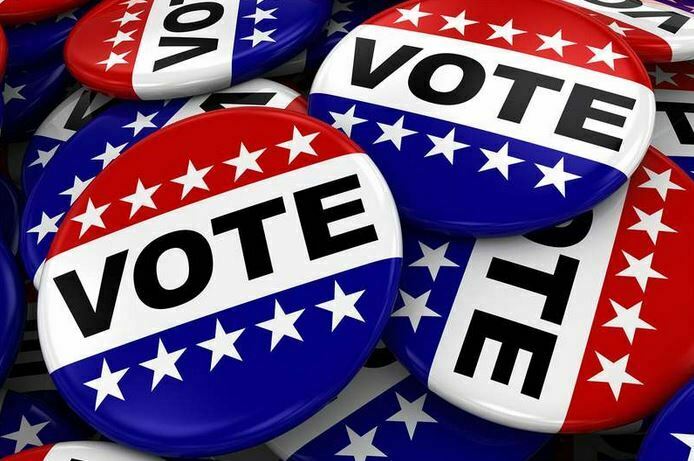Why DO Republicans win elections? That seems to be a reasonable question when you look at the numbers. The American public is demographically 31 percent Democrat and 25 percent Republican. That is a significant difference – about 20 million potential voters. But the biggest voting group is neither. Forty-one percent of us are non-affiliated – independents. That leaves a few folks belonging to marginal third parties – Libertarian, Socialist, Green and even Communist.
There is a general assumption that the independents tend to lean Democrat when it comes to voting. That narrative is perpetrated by the elitist media ad nauseum. It is wishful thinking. You know … trying to make it true by saying so.
If it were true, then Republicans would most certainly get trounced for elective offices up and down the ballot. It would harken back to the 1930s when Democrats dominated virtually every major branch of government. Republicans cannot win with out a sizeable chunk of the non-affiliated voters.
But every pollster caring enough to ask the right questions shows that the independent polarity is composed of a lot of “leaners” – folks who do not wish to join either party but have beliefs more in line with one or the other. And at the core of the independents are those who switch back and forth between the parties.
But why do the switch?
That should be obvious. Since the independents are – by nature – not partisan loyalists, they select candidates who best represent their philosophic views –conservative or liberal. They vote their beliefs. And that is where it gets interesting.
It seems that most independents tend to favor conservative values. So, they are inclined to vote with the Republicans more than not. This is where the GOP closes the gap between the 102.3 million Democrats and the 82.5 million Republicans.
State elections can be concentrations of one-party voters. That is why we talk about red states and blue states. It is in the presidential elections where we see the GOP pick up independent voters. If independents leaned left – as we are led to believe – there is no way a Republican candidate for president could even come close – not even close enough to win the Electoral College vote.
Because of the controversy over the 2020 presidential election, I shall eliminate it from this analysis.
You may have heard from media pundits and reporters that Republicans have not won a majority of the voters since President Reagan. That is provably not true. In fact, every winning Republican presidential candidate since 1960 has won with a majority of the vote. The only exception on either side was President Clinton who won both of his elections with less than 50 percent of the vote.
We also must remember that going into the 2016 presidential election, the party with the lowest demographic membership – excluding the marginal parties – had control of two-thirds of the governorship and state legislatures, both house of Congress and thousands of state and local offices.
There was even pundit speculation at the time that should the Democrats lose the White House in 2016, they would be relegated to a regional bi-coastal party anchored in New York and California. And the GOP took the White House with one of the most controversial and unlikely candidates since Abraham Lincoln. Not bad for a party with allegedly no grassroots support.
One of the explanations why so many conservative-oriented individuals do not become Republicans is the constant demonization Republicans get from the biased media.
Republicans – and especially conservative Republicans – are deemed to be heartless, racists, xenophobes, homophobes, misogynists, etc. in the grind of daily news narratives. It is the values … the issues … that drive their vote. So, they avoid the party label, but vote for the GOP candidates. Some have labeled them the “silent majority” – or at least the majority makers.
That may also be true of those signed up as Democrats. We know from past elections that there is a significant number of Democrats who hold conservative values – and cross party lines to vote those values. They were once called the “Reagan Democrats,” and they helped propel the former Hollywood actor into the Oval Office. They have been part of the Republican coalition since then – despite the best efforts of union leaders to keep their members in the donkey party.
In 2020, Republican candidates did far better than the media pundits predicted – and even the most Democrat media pundits are saying that the GOP favored to take back the House.
Trump is an important player in the future of the GOP. He has a loyal following. He needs to make sure they stay in the ranks of the GOP – along with those conservatives who make the issues the primary motivation. That excludes the apostates who jumped ship because of Trump only to aid and abet the radical liberal democrats. As far as I am concerned their Republican/conservative membership is cancelled. When a soldier deserts to the other side, we do not call him a patriot.
So, what is the lesson to be learned? It is the issues, Stupid. If Republican candidates concentrate on mainstay conservative issues and the future – not personalities and the past – 2022 will be a great year for the Grand Old Party.
So, there ‘tis,
